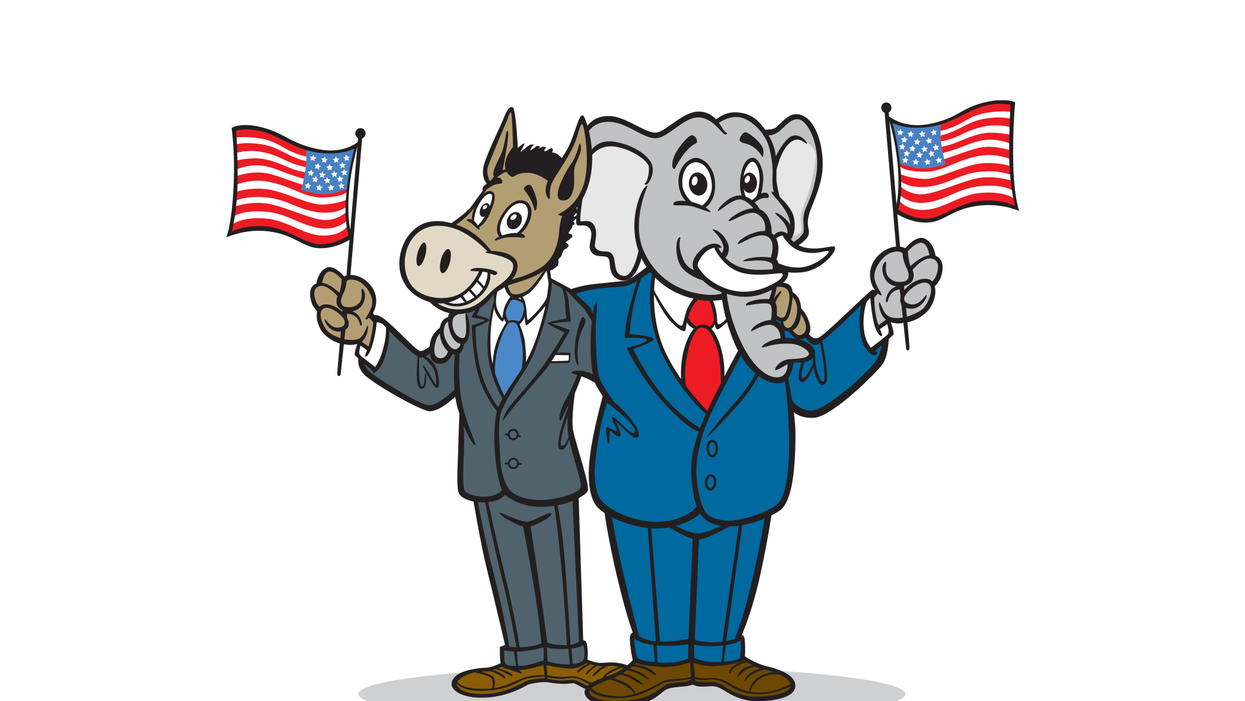In an unusual show of bipartisan collaboration among campaign operatives, seven leading political consultants from each party have united to endorse efforts to boost the regulation of online political advertising.
The continued absence of disclosure rules about who's paying for such ads, which were central to Russian interference in the 2016 election, "pose substantial threats to vital democratic norms and institutions," the group said in a statement this week. "The funding sources of digital political ads on all platforms and all systems must be made transparent. Voters are entitled to know who is paying for these ads."
The 14 operatives issued their declaration after a meeting convened by the University of Chicago. The group urged everyone in their industry to voluntarily disclose the identities of clients who pay for social media spots.
And, while they did not endorse any government action, what they are proposing is effectively what would be mandated by both legislation and regulations that have recently stalled.
The bill enjoys some bipartisan backing in Congress and the support of most Democratic presidential candidates, but it has been shelved under Majority Leader Mitch McConnell's policy of keeping all measures designed to enhance election security and integrity off the Senate floor. Draft regulations were percolating at the Federal Election Commission before its membership shrank to three this fall, meaning it lacks a quorum for altering policy .
Both would subject paid political advertising to the same disclosure and disclaimer regulations as TV and radio spots. The bill would make Facebook, Google and other big-time social media platforms disclose the identity of those who spend as little as $500 on political ads on their platforms. The proposed FEC regulations would require the funders' identities to be displayed on the ads.
The statement from the 14 operatives did urge the government to focus on transparency measures that "target bad actors" without forcing "unnecessary disclosure of legitimate competitive information."
"Unfortunately, American policy makers, to date, have been largely unable to effectively address these threats, at least in part because they have been unable to identify, in today's highly polarized and contentious political environment, meaningful principles and policies that might receive the bipartisan support necessary for adoption," the seven Republicans and seven Democrats said in offering their proposals as a starting point.
The group also urged all campaign ad makers and political consultants to disavow any messaging that "incites violence or that is maliciously 'manufactured' to intentionally misrepresent actual events."




















Trump & Hegseth gave Mark Kelly a huge 2028 gift